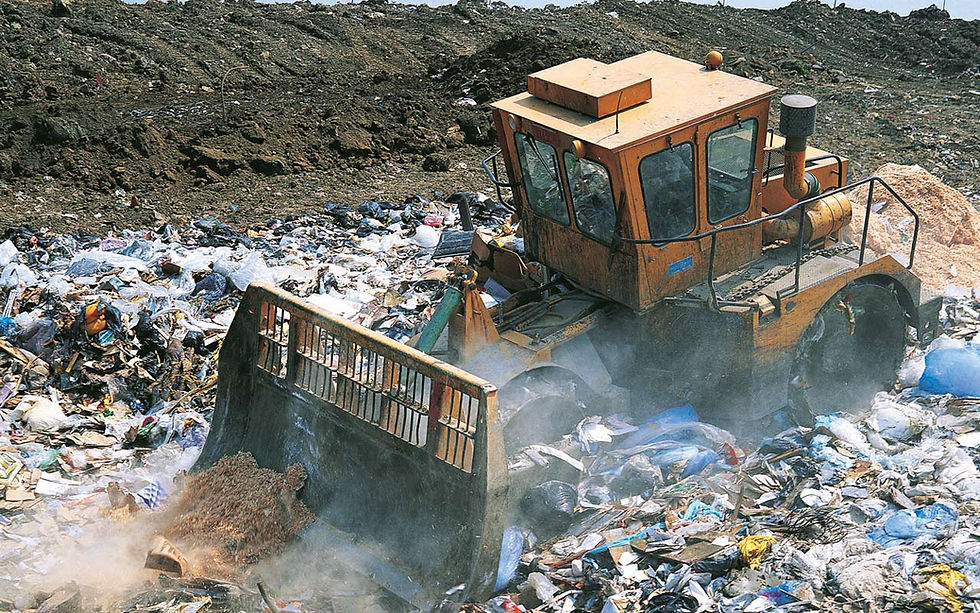Like Podcasts? Interested in Sustainable Development? Listen to these!
- Sep 15, 2015
- 3 min read
?xml version="1.0" encoding="UTF-8" standalone="no"?
After going through most of my education staring at text on either paper or a screen, I find it nice to give my eyes a break by listening to the news on a podcast. They are also an excellent way to find news that wouldn’t necessarily be covered by large media outlets—which is a lot of news about sustainable development, the environment, and climate change. So, here are some of my favorite sustainable development-dedicated podcasts, and specific episodes that cover different aspects of sustainable development.
Series
The Biggest Story in the World, The Guardian

The Guardian’s outgoing editor-in-chief, Alan Rusbridger, wants his legacy to bring what he considers “the biggest story in the world” to the forefront of world news. Thus the Guardian launched a global climate change campaign. What is kind of amazing about this podcast is its transparency: the listener hears the internal processes of The Guardian’s staff to reach their goals for this project.
My favorite episode was “Episode 9, Religion” since it talked about an aspect of Climate Change that most people, including myself don’t think of.
The Adaptors, The Adaptors Team

Climate change is already happening, and The Adaptors want to introduce you to the people who are grappling with it everyday. As they say on their site: “Adaptors are all around us.” Also, their video (they make videos alongside podcasts) “What Rats Really Think of Climate Change” is the greatest video about rats after the movie Ratatouille.
Episodes
It's Not Mother Nature Who's Racist, The New Republic's Intersection

This is the climate justice explainer that I have been waiting for. The tenth aniverssary of Hurricaine Karina is this year, and the environmental distater that it was is an incredibly pointed case-study of the necessity of climate justice in the United States. What is pointed out is that structural racism is not just in the American criminal justice system; it is also fundemental to why communties of color are more at risk for the adverse effects of natural distaters.
Drilling the Arctic, The New Yorker's Political Scene

I’ll admit, The New Yorker’s Political Scene is not the best-produced podcast. But the discussions are 100% worthwhile to listen to—especially in the case of this episode, which answers a lot of question you may have on the domestic politics of the environment and climate change. What is so important about the Keystone Pipeline? How much oil is the US producing these days? It’s even more relevant since the Obama administration granted Shell a permit for exploratory drilling in the Arctic this past August.
Finite, NPR’s TED Radio Hour

As a collection of excerpts from TED talks and interviews with the speakers, this episode arranges a collection of topics all to do with limited resources. One speaker discusses the Amazon Rainforest with a less trite call-to-action of “save the trees!” and another elaborates on “resilience” and its impact on a small town in England.
Trash!, NPR’s Planet Money

Don’t really understand where your plastic bottles and plastic bags go after you recycle them? Then you should listen to this. It is unfortunate, however, that a lot of plastic that we think will be recycled, is just not.
How Solar Got Cheap, NPR’s Planet Money

Anyone who follows environmental news enough knows that renewable energy sources are what most people call the future of energy. While the argument for convincing people to get solar energy panels has been often framed as “the best option for the planet,” maybe it should be sold as “the best deal” instead. That’s what the Planet Money team discusses.

Environmental reporter Abraham Lustgarten is interviewed about the details of his multi-article investigation,“Killing the Colorado” (published by ProPublica). Lustgarten discusses the various governmental policies put into place decades ago that lead to the current water crisis out west. Also the series is very long, so if you are not in the mood to read it all…

You probably have not thought that much about the lawns that cover much of the land in front of suburban American homes. I definitely didn’t. But, more than anything about plants and nature, lawns are symbols of social politics of community and polite society. Also, the use of the stereotypical Law & Order music to accompany the lawn policing groups featured in this episode is perfect.












Comments